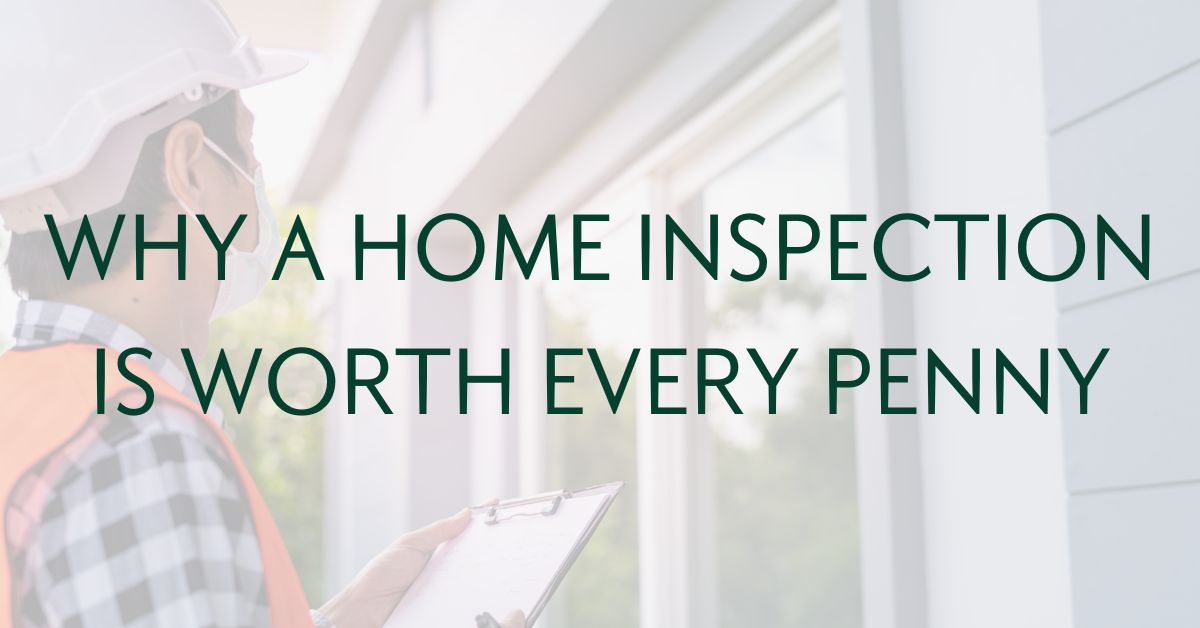In the exhilarating journey of selling a home or embarking on renovations, many homeowners overlook a crucial step: the home inspection. Conducted by a professional, a thorough inspection, which typically costs between $800 and $1,200, is not merely an added expense but an investment that can save tens of thousands of dollars down the road. It provides a comprehensive check-up on your home’s health, identifying potential problems before they become catastrophic financial burdens.
First and foremost, an inspection offers an invaluable understanding of your property. This isn’t just about ticking compliance boxes or catching defects, though these are certainly important. It’s about knowing your home intimately—its quirks, its needs, and its strengths. This knowledge becomes power: the power to make informed decisions, whether you’re pricing your home for the market or planning significant upgrades.
For those considering selling, a pre-listing inspection can illuminate any major issues that could derail a sale or drive down the property’s value. It shifts control back to the seller, allowing you to address problems on your terms rather than under the pressure of a ticking clock after a buyer’s inspection uncovers hidden faults. Knowledge from these inspections empowers sellers to either make necessary repairs or to reflect the home’s condition in the asking price, thereby avoiding last-minute negotiations that could end up being more costly.
Moreover, for both sellers and renovators, understanding the condition of major systems—like electrical, plumbing, heating, and cooling—can prove critical. These are the systems that, if faulty, can lead to significant damage and high repair costs. A professional inspector looks beyond the surface, forecasting potential issues before they become disasters. For example, spotting a furnace nearing the end of its lifespan or identifying outdated wiring can prevent emergencies and help homeowners budget for necessary upgrades at a manageable pace.
Additionally, a professional inspection can serve as a roadmap for ongoing maintenance, helping track the premature deterioration of both the structure and its integral systems. This ongoing record can guide homeowners in maintaining their property effectively, potentially extending the life of various components and saving money in the long run.
Lastly, planning for future expenses is far less daunting when you have a clear picture of what might require attention. Unexpected home repairs can be financially overwhelming; knowing in advance what the upcoming years may require in maintenance or replacement provides an opportunity to save and plan accordingly. This proactive approach not only helps manage finances better but also boosts the home’s value over time by ensuring it remains in top condition.
The notion that a home inspection is merely another hurdle in the process of buying, selling, or renovating a home is outdated. In reality, these inspections are a critical tool for anyone looking to protect their investment in a property. The insights gained from a thorough inspection can guide immediate and long-term decisions that enhance the safety, functionality, and value of the home.
Thus, rather than viewing the cost of a home inspection as merely another expense, homeowners should see it as a strategic investment in their property’s future and their financial well-being. This upfront investment not only brings peace of mind but also equips homeowners with the knowledge needed to secure and enhance their biggest asset: their home.


